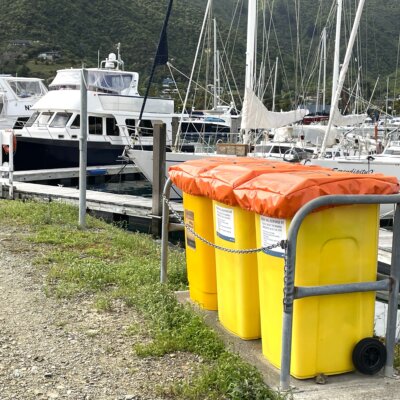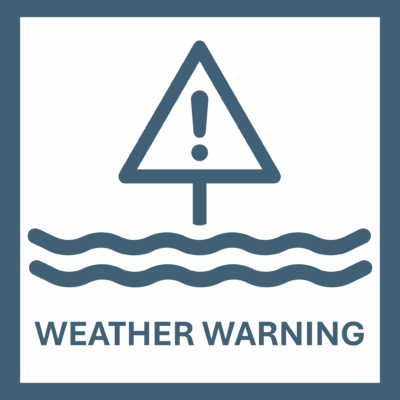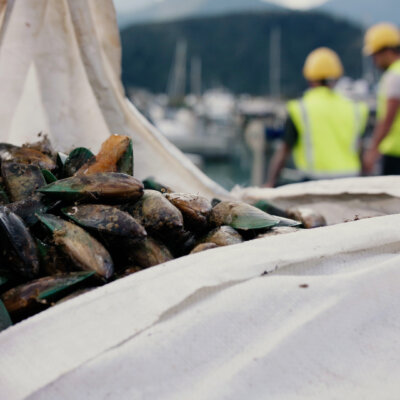Managing Bilge Water
What is Bilge Water? 
Bilge water is the water that accumulates in the lowest part of a boat, often containing contaminants such as oil, fuel, antifreeze, grease, metals and detergents. It can come from rain, leaks, or condensation and the activation of a bilge pump releases this contaminated water into the marine waters and pollutes the natural environment.
Taking Care of Your Bilge
The bilge might not be the first thing that comes to mind when you think of the things you need to clean on your boat, but it can easily become one of the dirtiest places on board. Any spilled fuel in the bilge can damage fiberglass hulls, which you obviously don’t want. Oils coming into contact with rubber and plastic hoses can cause them to deteriorate. And water trapped in the bilge causes metals to corrode and wood to rot. Removing the mixture of water, chemicals and dirt from your bilge protects the hull and everything in it.
Here are some other reasons why you should keep your bilge clean:
- to avoid discharge of oily/fuel contaminated bilge water into waterway
- to prevent growth of bacteria
- to eliminate foul odours
- to identify leaks potential leaks quickly
If you have an automatic bilge pump, it is best to keep the bilge clear of oil or fit a filter.
Environmental Impact in Marinas
In marinas, where water circulation is limited, discharging untreated bilge water can cause significant environmental harm:
- Water Pollution: Oil and fuel can create surface slicks, reducing oxygen levels and harming aquatic organisms.
- Harm to Marine Life: Pollutants can poison fish, birds, and other marine creatures.
- Ecosystem Disruption: Pollutants can damage sensitive habitats and lead to long-term ecological changes.
- Legal Issues: Improper disposal can lead to fines and legal action, making it essential to follow local regulations.
 What to do if you Release Contaminated Bilge Water
What to do if you Release Contaminated Bilge Water
If you inadvertently release bilge water into one of our marinas that is clearly contaminated by fuel, oil, antifreeze etc. immediately deploy a spill response kit to ensure you contain as much of the spilled substance as possible and then notify the marina manager.




